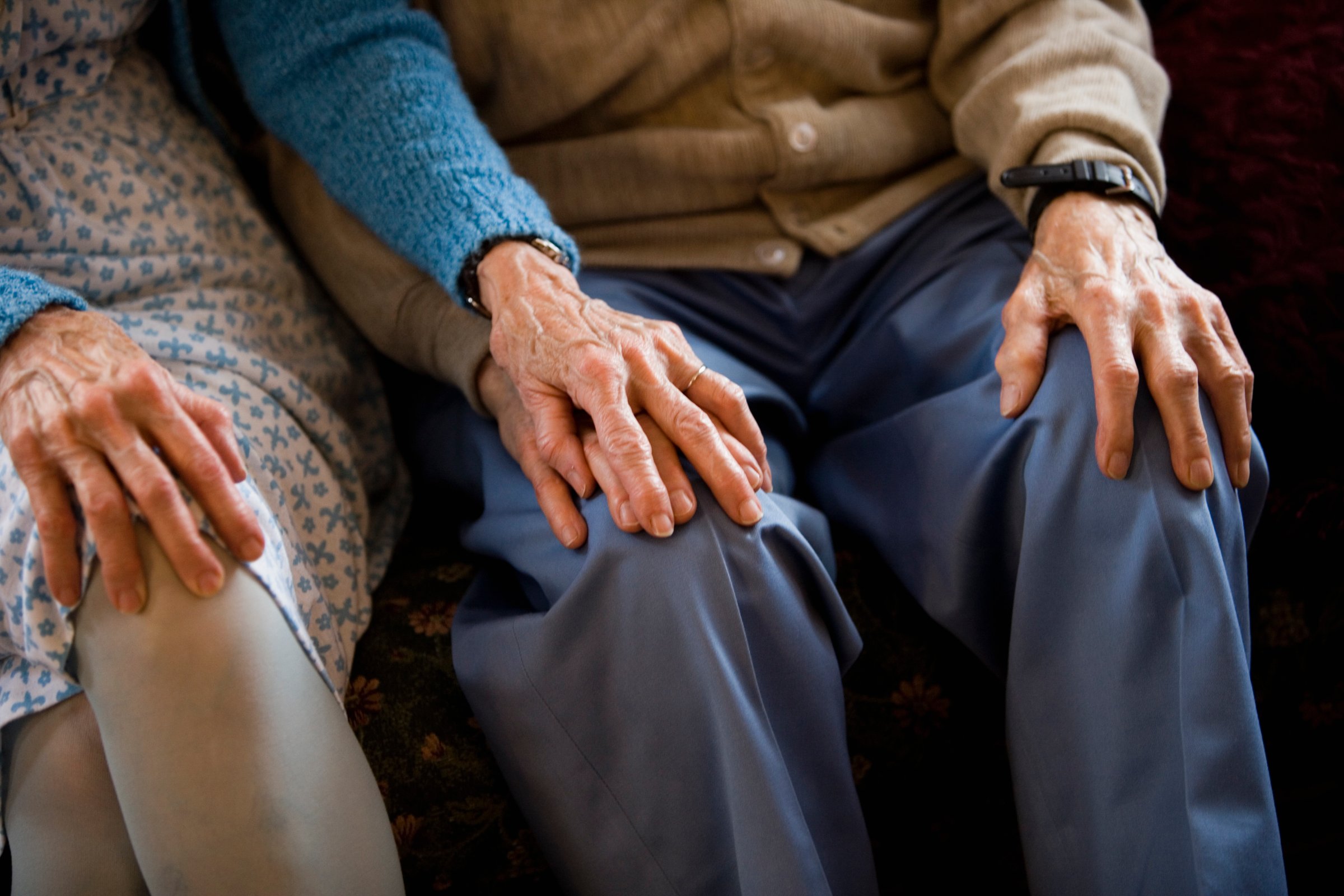
People who feel three or more years younger than they actually are had lower death rates compared to people who felt their age or older, according to a recent study.
Two University College London researchers studied data collected from 6,489 men and women whose average age was 65.8. On average, people in the study, published in the journal JAMA Internal Medicine, felt closer to 56.8. Among the participants, 69.6% said their self-perceived age was three or more years younger than their chronological age, 25.6% said they felt their age or close to it, and only 4.8% felt older than they actually were.
When the researchers compared the self-perceived ages to death rates, they found that rates were lower among those who felt younger, compared to participants who felt their age or older.
Of course unrelated factors like disabilities and overall health played a role, but when the researchers adjusted for those factors, they still noted a 41% greater mortality risk for the people who said they felt old.
What’s driving this apparent phenomenon needs further assessment, but the authors suggested that people who feel younger may have greater resilience and will to live. “Self-perceived age has the potential to change, so interventions may be possible,” the authors write. “Individuals who feel older than their actual age could be targeted with health messages promoting positive health behaviors and attitudes toward aging,” the study concluded.
More Must-Reads from TIME
- Donald Trump Is TIME's 2024 Person of the Year
- Why We Chose Trump as Person of the Year
- Is Intermittent Fasting Good or Bad for You?
- The 100 Must-Read Books of 2024
- The 20 Best Christmas TV Episodes
- Column: If Optimism Feels Ridiculous Now, Try Hope
- The Future of Climate Action Is Trade Policy
- Merle Bombardieri Is Helping People Make the Baby Decision
Contact us at letters@time.com